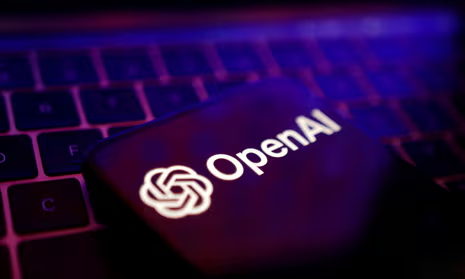Open AI has made a significant foray into the search market with the launch of Search GPT, an AI-powered search engine that offers real-time access to information across the internet. This new search engine boasts a unique approach that aims to organize and make sense of search results rather than simply presenting a list of links. It provides concise summaries and attribution links for various queries, giving users a more streamlined and informative search experience.
SearchGPT stands out with its ability to process and present information from the web in real time. Users can enter their queries into a large textbox and receive organized and summarized search results. For instance, a search for “music festivals in Boone, North Carolina in August 2024” yields real-time information along with links to the sources.
As a prototype powered by the GPT-4 family of models, Search GPT will be accessible initially to a limited user base of 10,000 individuals. Open AI’s Kayla Wood emphasizes that the search engine is a work in progress and is being developed in collaboration with third-party partners, with the eventual goal of integrating its features directly into Chat GPT.
Pl subscribe to the YouTube channel of republicpolicy.com
The emergence of SearchGPT poses an intriguing challenge to established players in the search industry, particularly Google, which has been quick to integrate AI features into its search engine. It also brings OpenAI into direct competition with startups like Perplexity, whose AI “answer” engine has faced criticism in recent times.
An interesting feature of SearchGPT is its “visual answers,” which include AI-generated videos and images to enhance search results. OpenAI has taken steps to address concerns about content attribution and sourcing. The company emphasizes that the search results prominently cite and link to the sources, allowing users to engage with the content directly and ensuring transparency in information attribution.
The decision to release SearchGPT as a prototype serves multiple purposes for OpenAI. It provides leeway for potential errors, as well as safeguards against incorrect attributions and content misuse. This move has been highly anticipated, with rumours and reports about its development surfacing for months before the official announcement.
However, while the new search engine may attract users with its free access and ad-free interface at launch, Open AI will undoubtedly face the challenge of developing a sustainable monetization strategy in the long run. As the company’s AI-related costs continue to escalate, it remains to be seen how Search GPT will be positioned for commercial success in the future.

















